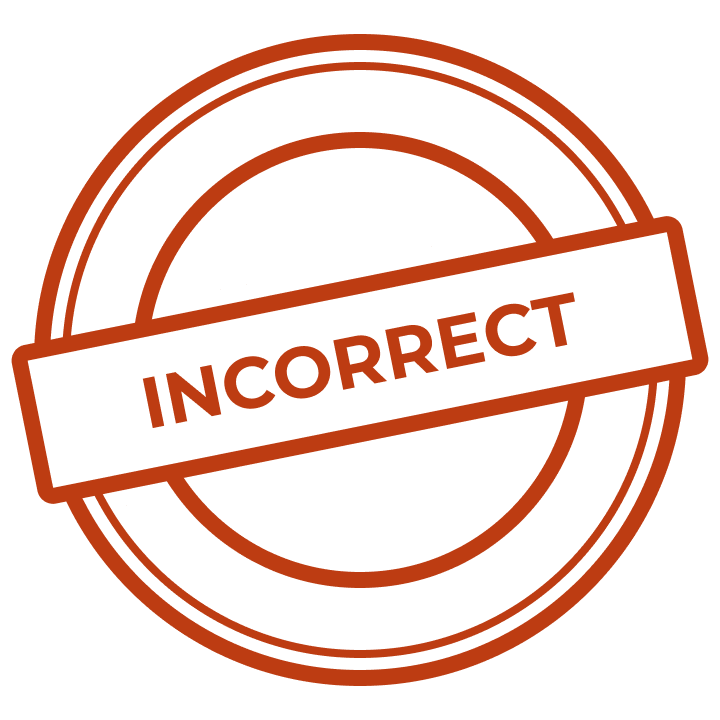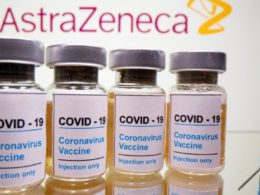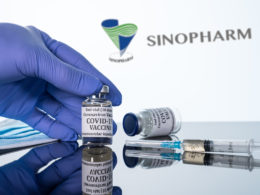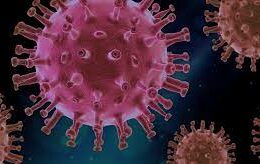Claim: Self-medicating with Azithromycin drugs will prevent Covid-19
Self-medication has been seen by many as a panacea during this Covid-19 pandemic and ever since the coronavirus broke out, people started taking various remedies as means to protect or even heal themselves.
Some people believe self-medication is more efficient after hearing or seeing claims that certain drugs such as azithromycin or hydroxychloroquine work against Covid-19 especially these days when daily coronavirus infection cases have hovered above 2 000.
Azithromycin is a prescription drug and a common antibiotic used to treat infections caused by certain bacteria.
However, azithromycin is associated with cardiac side effects and could lead to life-threatening cardiac arrhythmia, where one’s heart beats dangerously fast.
Despite the lack of the highest standard of evidence of effectiveness against Covid-19, people have surreptitiously sought for prescriptions to buy azithromycin over the counter because social media, opinion leaders, even ordinary people on the street or some doctors touted these drugs to be effective despite unpublished, verified and observational studies.
In an interview with CITE, medical practitioners and activists strongly advised against self-medicating with these drugs as they can cause harmful effects.
“Please do not self medicate! Only take prescription medications as advised by a physician due to harmful drug interactions and dangerous side effects,” said one medical doctor who requested anonymity for ethical reasons.
The medical doctor said generally azithromycin are prescription drugs that should be given by a doctor or nurse.
“Self-medication or being given by a pharmacist is wrong. Dosages may be wrong, indications may be wrong, management of drug-drug interactions will not be known with self-medication. Only when there are complications will people then visit the doctor but that may be too late. Self-medication is strongly discouraged,” said the physician.
Centre for Health Communication Zimbabwe (CHCZ), Communications and Advocacy Officer, Andile Tshuma, concurred that people must seek medical attention, especially for Covid-19.
“While it is ok to get a bit of medication here and there, some people are going overboard which is a health risk,” she said.
“We encourage people to follow World Health Organisation and the Ministry of Health and Child Care regulations and guidelines on self-medication especially for Covid-19.”
Tshuma highlighted that while it may bring relief, self-medication may sometimes lead to incorrect diagnosis, complications from an overdose, serious adverse drug effects, drug interactions, drug dependence and drug resistance.
“There is a need to control and manage appropriate self-medication practices by applying relevant legislation and involving healthcare professionals and policymakers. It’s always best to seek the opinion of a health care practitioner before taking any medication, especially if one is already on any prescription drugs,” she said.
“For homemade remedies and concoctions, it is safer to take these in moderation, some herbs and plants are also very potent so expert opinions are still required.”








